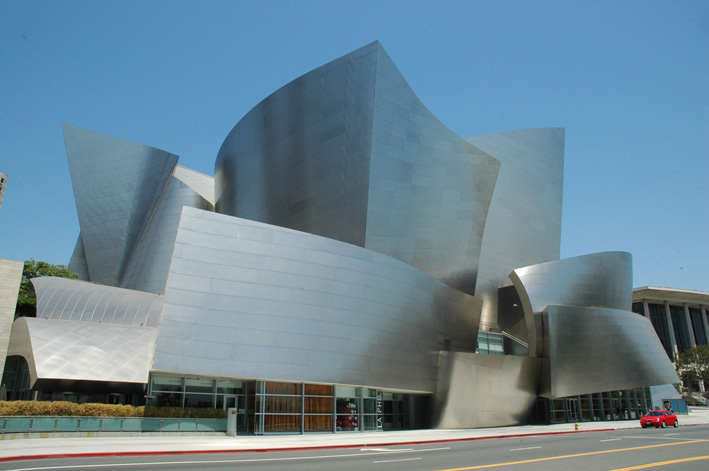The Anthropological Change and Metamorphosis of the City; a theme which deserves pondering upon.
DOI:
https://doi.org/10.6092/2281-4574/1424Abstract
The interception of the spirit of the times is antecedent to a rethinking about the city. At the present moment there is a superimposition of the late modern (in a declining phase) over the post-modern which is (in expansion). The post-modern has produced an anthropological mutation, it has changed the horizons of value and behavior to the very last man substituting ephemeral references for the fundamental connotations of the late modern man. This scenario has changed the relationship with the past and in particular with the urban context. It is however meaningless to rethink the city on the basis of what already “has been seen”; the awareness of what we have become requires, more likely, a union of those values which seemed mandatory with the laws of change. Globalization has returned the city to those who live in it. The market has overcome the plan; giving a “piecemeal” reply to the value system. In the architectural world, however, there has been a linguistic revolution. The “hubris” put forward, in reality, from the mixture of market virtually –considered up to yesterday as irresistible- has been humbled by the present crisis. There is now, as a result of the crisis, the possibility that the merchandizing and virtualizing of the city might be rectified.
Hence reason counsels the “listening” to the indications of a further transformation “in act”; that is an invitation “to let history play its part and nothing more.”
Downloads

Downloads
Published
Issue
Section
License
Gli autori che pubblicano su questa rivista accettano le seguenti condizioni:- Gli autori mantengono i diritti sulla loro opera e cedono alla rivista il diritto di prima pubblicazione dell'opera, contemporaneamente licenziata sotto una Licenza Creative Commons - Attribuzione che permette ad altri di condividere l'opera indicando la paternità intellettuale e la prima pubblicazione su questa rivista.
- Gli autori possono aderire ad altri accordi di licenza non esclusiva per la distribuzione della versione dell'opera pubblicata (es. depositarla in un archivio istituzionale o pubblicarla in una monografia), a patto di indicare che la prima pubblicazione è avvenuta su questa rivista.
- Gli autori possono diffondere la loro opera online (es. in repository istituzionali o nel loro sito web) prima e durante il processo di submission, poiché può portare a scambi produttivi e aumentare le citazioni dell'opera pubblicata (Vedi The Effect of Open Access).

